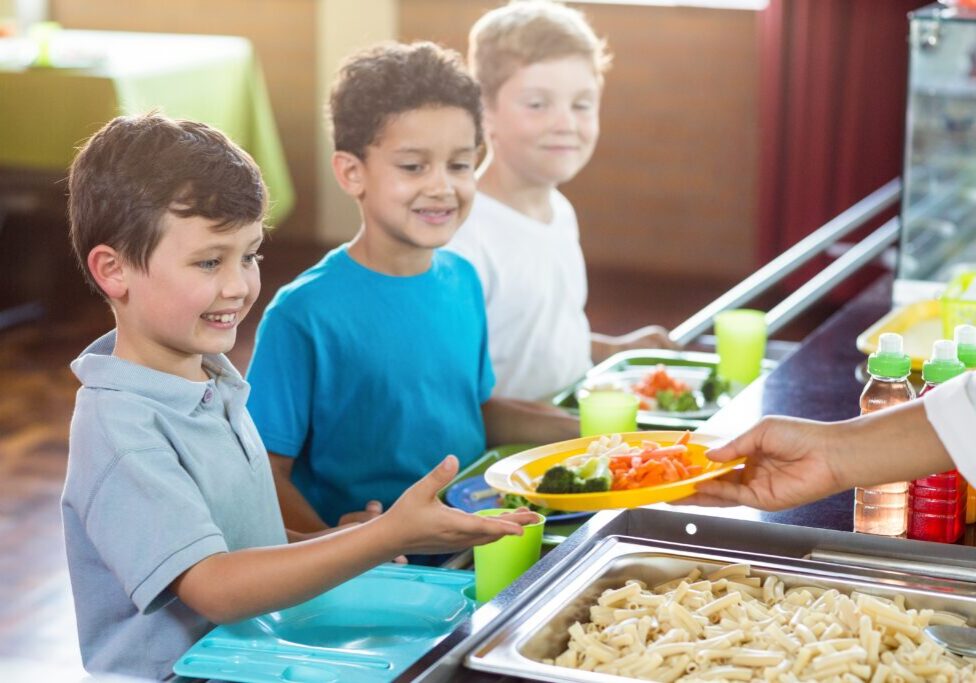Authors’ Note
This report was researched and written prior to the Covid-19 pandemic. Since then, the pandemic has substantially changed the options for Louisiana children looking for healthy meals over the summer. Social distancing requirements have limited or closed many of the summer camp, library, and public recreation programs that serve thousands of kids. In their place, kids have benefited from a combination of meal delivery services and grab-and-go meal service options. These efforts were helped by state and federal efforts to relax the rules for the Summer Food Service Program in order to feed more kids while maintaining social distancing. For some children living in rural parishes, this has meant increased access to summer food help, thanks to meal delivery services that reach families where they live. Kids in previously better-served urban areas, however, may now have fewer options for meals than in previous summers.
Amid these changes, Louisiana’s children facing an unprecedented crisis.A recent report by Feeding America estimated that more than one in three Louisiana children are facing food insecurity during the pandemic, including a staggering half of all children in East Carroll Parish.
Executive Summary
The Summer Food Service Program (SFSP) is a federally funded nutrition program that provides free meals to children in low-income areas when school isn’t in session, typically from late May through early August. The program helps ensure that kids who benefit from free and reduced lunch during the school year have enough to eat while school is out of session. But in Louisiana, where 1 in 4 children live in food-insecure households, fewer kids have received meals through the program each year since 2014. In 2018, the Summer Food Service Program reached only an estimated 11.9% of Louisiana children who receive free and reduced lunch during the school year. That puts Louisiana near the bottom of the national rankings—below 41 other states (including Washington DC).
Not only are a declining number of children receiving summer meals in Louisiana, but a declining number of sites in the state participate in the program, leaving Louisiana kids with fewer places to find free summer meals now than they did five years ago. Between the summer of 2015 and the summer of 2019, the number of sites serving summer meals in the state fell by 16.4%. Currently, eight Louisiana parishes lack any summer meal sites, while others have far fewer sites than needed to serve children living in poverty. For Louisiana families, this translates to real hardship: studies consistently show that low-income households with children experience spikes in food insecurity during the summer months.
Louisiana’s children cannot continue to learn, grow, and play if they don’t have enough nutritious food to eat when school is out of session. That’s why the state should make a concerted effort to increase the scale and reach of Louisiana’s summer meals program.
To better serve Louisiana’s children, all year round, we recommend that Louisiana’s Department of Education:
- Strengthen efforts to recruit additional program sponsors and sites
- Coordinate a robust statewide network of program sponsors and sites to share best practices for program administration, and to strengthen recruitment and retention efforts across the state
- Follow best practices to market the program effectively and without stigme to families and kids
- Make the program easier for sponsors and sites to administer by simplifying program rules through federal waivers and existing state flexibilities
- Support sponsors in using creative best practices to reach kids in high-need, hard-to-reach areas
We also recommend that the state legislature appropriate funds to support outreach and marketing for the program, and that the federal government codify improvements to the program at the national level in the Child Nutrition Reauthorization Act.
Introduction
Louisiana is rich in natural resources and the state’s economy is about as productive as that of the average American state. But despite this, Louisiana suffers from some of the worst rates of child poverty and food insecurity in the nation. Before Covid-19, nearly 1 in 4 Louisiana children live in households that can’t afford consistent access to nutritious meals, and over 25 percent live in families earning wages below the poverty line ($25,750 for a family of four in 2019).
For those children, free and reduced-price school meals are a key source of nutritious food. School meals also help families stretch limited financial resources. School lunch alone kept an estimated 1.4 million people out of poverty nationwide in 2018. In that same year, the National School Lunch Program served a total of 86,276,840 subsidized lunches to 548,082 Louisiana children.
When school is out of session, the Summer Food Service Program (SFSP, or Summer Feeding) exists to fill in the gap, providing free meals to children from families earning low or no incomes, and often supporting impactful summer programming that keeps kids engaged during the break from school. But while school lunch provides Louisiana’s children with a reliable and free or low-cost source of nutrition throughout the school year, the state’s Summer Feeding program serves only a small fraction of the children who eat free and reduced lunch at school, at rates significantly below what other states have achieved.
Families earning low incomes often have little to no margin to make up for the nutritional supplement that goes away when school’s out. But studies show that the summer food service program can moderate summer spikes in food insecurity, and that other methods of supporting families with children in the summer can substantially improve the ability of families with school-aged children to access food when school is out of session.
This report outlines Louisiana’s approach to summer feeding and points a way forward to a Louisiana where more children have year-round access to nutritious food, regardless of their family’s finances.
